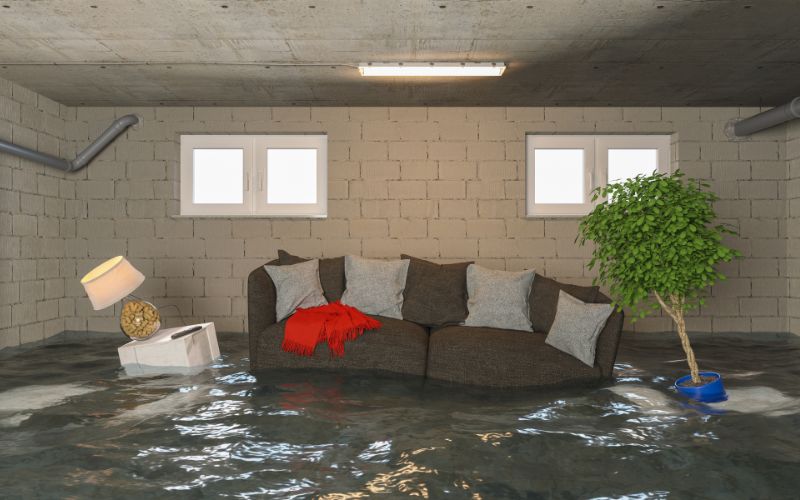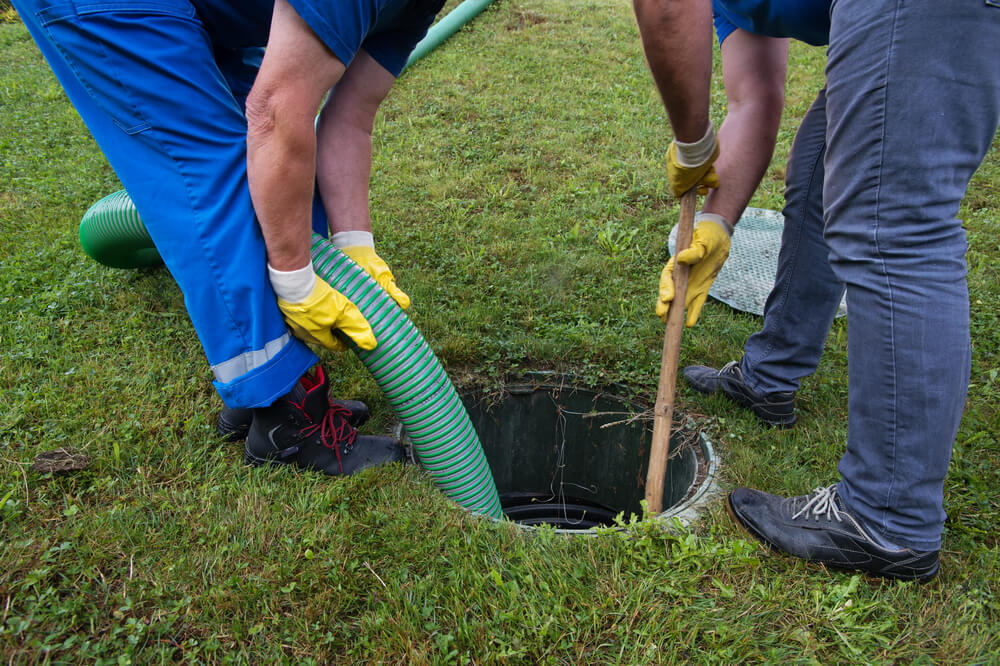
Opening Hours – 24/7
Opening Hours – 24/7

Coming home to find a sewage backup is no one’s fantasy. Many homeowners cross their fingers and toes and hope that one day they don’t come home to the smell of something… unpleasant smelling emanating from their bathroom, basement, or elsewhere on the property. But the fact is, sewage backups do happen for an array of reasons (which we’ll get to soon). And there’s a lot more you can do to prevent and minimize the potential damage to your home, should it happen to you one day. If you’ve just come home to a disaster and are here looking for guidance on what to do next, we’ve got you. All of this information is also beneficial to know before a situation arises.
First, let’s take a look at some of the things that may have caused a sewage backup in your home or on your property. However, it is important to keep in mind that sometimes there’s no real “reason” or anything that could have been done to prevent it. The pipes are simply outdated. This brings us to our first point… Aging and outdated sewer systems. Everything has a shelf life, even city-wide sewer systems.
Sewage backups are often followed by a plethora of other issues, especially if the situation isn’t dealt with fast and effectively. Potential damages that could follow, and are not limited to, include the following.
Sewage backup contains contaminants and often excessive amounts of water. The longer you allow the sewage materials to sit in your home, the likelihood of you and the other inhabitants getting sick rises. And the longer the watery materials sit, they will sink into your home, and before you know it, you could have extensive water damage on your hands.
The short answer is yes. You can absolutely get sick from exposure to sewage backup materials. Let’s pause and consider what sewage backup actually is. It’s everything that you have sent down the drain. So you might think that the water from hand washing and cleaning dishes isn’t so bad. But what about the food scraps, dirty water, and human feces that have been flushed down the toilet and drains? Yeah, ew. Aside from the ew factor, sewage backup often contains bacteria that, if ingested or absorbed, could lead to gastrointestinal issues, respiratory issues, and skin irritations or rashes.
At this point, you may be trying to estimate the cost of all of these repairs and processes in your head and contemplating doing the restoration yourself. You say to yourself; I’m pretty handy; I can fix the odd thing around the house; I can do this. Well, unless you are a fellow sewage restoration professional in the industry, know the procedures and process, and have access to professional equipment, we’re going to advise you don’t DIY.
A professional sewage restoration professional will know what needs to be done and in what order. They will know what safety considerations need to be made. They will know what warning signs to look out for in regard to future issues like mold growth, water damage, and compromised foundations. In addition to this, they will have all of the equipment and resources needed to handle the job thoroughly.
Proactive tasks
Most importantly, remember to act fast and ensure your and your family’s safety first and foremost. If you’re looking for help with a sewage restoration job, give us a call, and we’ll be on-site ASAP!
What an amazing response! I had a great experience with Restoration Operators – Connecticut! I called them immediately after my house flooded and they came out within 45 min. It’s a great choice!
Amazing job. Our basement flooded twice
and the did outstanding work drying it out
quickly. Very responsive and were very easy
to work with.
I cannot express how grateful I am for the amazing service provided by this sewage cleanup company. They arrived promptly and efficiently cleaned up the mess left by a broken sewer line.
Restoration Operators did an awesome job for us fixing water damage! We would not hesitate to recommend them to friends and to use this company again if the need arises.
